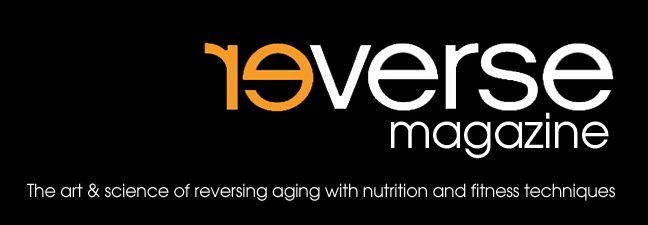Saturday, October 9, 2010
Fish Oil Again For The Win!
Effects of supplemental fish oil on resting metabolic rate, body composition, and salivary cortisol in healthy adults
Eric E Noreen email, Michael J Sass email, Megan L Crowe email, Vanessa A Pabon email, Josef Brandauer email and Lindsay K Averill email
Journal of the International Society of Sports Nutrition 2010, 7:31doi:10.1186/1550-2783-7-31
Published: 8 October 2010
Abstract (provisional)
Background
To determine the effects of supplemental fish oil (FO) on resting metabolic rate (RMR), body composition, and cortisol production in healthy adults.
Method
S: A total of 44 men and women (34+13y, mean+SD) participated in the study. All testing was performed first thing in the morning following an overnight fast. Baseline measurements of RMR were measured using indirect calorimetry using a facemask, and body composition was measured using air displacement plethysmography. Saliva was collected via passive drool and analyzed for cortisol concentration using ELISA. Following baseline testing, subjects were randomly assigned in a double blind manner to one of two groups: 4g/d of Safflower Oil (SO); or 4g/d of FO supplying 1,600mg/d eicosapentaenoic acid (EPA) and 800mg/d docosahexaenoic acid (DHA). All tests were repeated following 6wk of treatment. Pre to post differences were analyzed using a treatment X time repeated measures ANOVA, and correlations were analyzed using Pearson's r.
Results: Compared to the SO group, there was a significant increase in fat free mass following treatment with FO (FO= +0.5 +/- 0.5kg, SO= -0.1 +/- 1.2kg, p=0.03), a significant reduction in fat mass (FO= -0.5 +/- 1.3kg, SO= +0.2 +/- 1.2kg, p=0.04). and a tendency for a decrease in body fat percentage (FO= -0.4 +/- 1.3% body fat, SO= +0. 3 +/- 1.5% body fat, p=0.08). No significant differences were observed for body mass (FO= 0.0 +/- 0.9kg, SO= +0.2 +/- 0.8kg), RMR (FO= +17 +/- 260kcal, SO= -62 +/- 184kcal) or respiratory exchange ratio (FO= -0.02 +/- 0.09, SO= +0.02 +/- 0.05). There was a tendency for salivary cortisol to decrease in the FO group (FO= -0.064 +/- 0.142ug/dL, SO= +0.016 +/- 0.272ug/dL, p=0.11). There was a significant correlation in the FO group between change in cortisol and change in fat free mass (r = -0.504, p=0.02) and fat mass (r = 0.661, p=0.001)
CONCLUSION: 6wk of supplementation with FO significantly increased lean mass and decreased fat mass. These changes were significantly correlated with a reduction in salivary cortisol following FO treatment.
Subscribe to:
Post Comments (Atom)








Actually there is a recent study out at the end of October suggesting that fish oil dampens inflammation so well that it can faciliate cancer...i.e. higher cancer rates in those who take fish oil. I'll see if I can find it and repost.
ReplyDelete